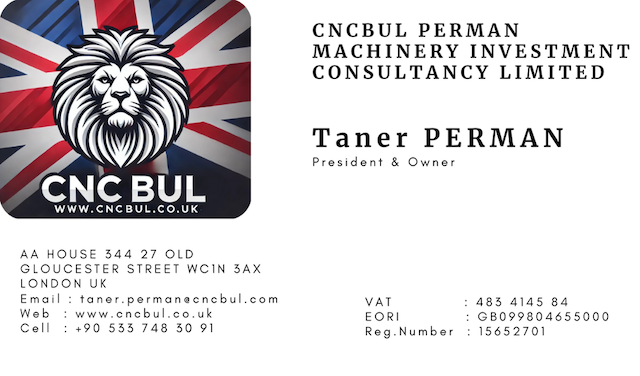29/10/2024
What is NC Machine for Drilling, Routing & Tenoning for Doors & Frames?
An NC (Numerical Control) Machine for drilling, routing, and tenoning in door and frame manufacturing is a highly specialized machine designed for precision machining of wooden components, especially doors and frames. Here’s a technical breakdown of its main functionalities:
1. Drilling
- Purpose: This function is used to create precise holes for hinges, locks, and other fittings in doors and frames.
- Mechanism: The NC machine can move the drill head along the X, Y, and Z axes, allowing for exact positioning. Programmable parameters such as hole depth, diameter, and location provide consistency across batches.
- Process: The operator inputs dimensions and hole specifications into the machine’s control unit, which directs the drill head to the designated points, optimizing speed and accuracy.
2. Routing
- Purpose: Routing creates detailed profiles or slots along the edges and surfaces of doors and frames, used for decorative features or functional slots for hardware.
- Mechanism: The routing tool is programmed to follow specific paths, controlling the tool’s depth and feed rate. It uses rotating cutting bits at high speeds to carve out material without tearing or splintering.
- Advantages: NC routing ensures consistency in complex designs, allowing for intricate and repetitive patterns essential in high-volume production environments.
3. Tenoning
- Purpose: Tenoning in door and frame production involves creating tenons (projecting wood pieces) that fit into corresponding mortises (recessed spaces) for strong wood joinery.
- Mechanism: The machine is programmed to cut precise tenon shapes on the edges of door components, which are then fit into mortises on frames. Control over the width, length, and depth of tenons ensures a strong, exact fit.
- Technical Benefits: NC machines can make precise adjustments to tenon dimensions, maintaining quality control and reducing human error. The software can store specifications for various tenon types and dimensions, enabling quick adjustments.
4. Control and Programming
- Interface: Operators use an interface (often graphical or G-code based) to program tasks like drilling patterns, routing paths, and tenoning specifications.
- Flexibility: These machines can be quickly reprogrammed to handle different door and frame designs, making them suitable for customized production or batch manufacturing.
- Precision: The NC technology ensures each piece is machined to exact specifications, reducing variability and material waste, and enabling complex, repeatable designs across production runs.
5. Applications and Industry Benefits
- Batch Production: NC machines are used in the mass production of doors and frames, offering high repeatability and reliability.
- Customization: Adjustments to door and frame dimensions or design features are easy to implement with NC programming, enhancing versatility.
- Quality Control: Precision in drilling, routing, and tenoning reduces the likelihood of fitting issues or misalignments, leading to a higher-quality final product.
This setup streamlines door and frame manufacturing, where complex joinery and high precision are critical.


